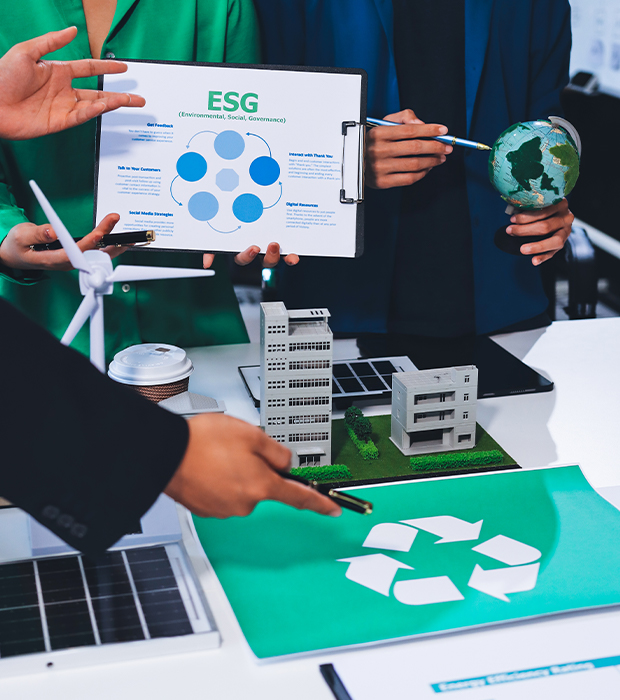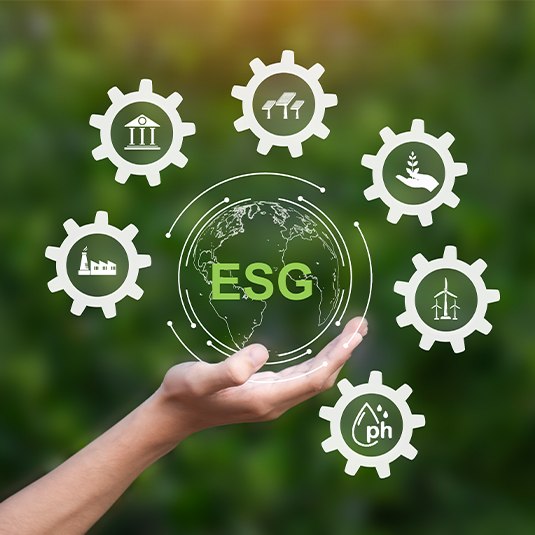“Environmental, Social, Governance – ESG – is now an important part of investment strategy in just about all areas, including real estate. Five: ESG real estate investment is the alternative to traditional firms that don’t think beyond the financial returns on a property and how it affects its environment and society. This is increasingly becoming an imperative for both investors and developers, striving to integrate business models with ethics for sustainable and extended growth.
ESG Real Estate Investment is the integration of environmental, social, and governance considerations into the investment decision-making process of property. Unlike typical returns-focused real estate investment, which focuses primarily on financial return, an ESG perspective is more holistic, considering long-term sustainability, community impact, and the way the developers or property owners are managing their assets.

For these reasons, there are numerous benefits to integrating ESG into real estate investments:
ESG-compliant assets are more resistant to environmental and social risks, resulting in superior long-term stability.
As ESG-conforming properties become more in demand among both institutional investors and emotional buyers who value ethical investments.
ESG investments guarantee compliance with environmental and social regulation, which prevents fines, and makes sure that companies are kept abreast of evolving regulation.
Sustainable properties often have the advantage of being able to charge higher rents and to demand higher market values with the increasing demand in environmentally-friendly, socially responsible buildings.

ESG considerations are increasingly important for investment decisions. Today’s investors are seeking more than just returns on their investment dollars. In real estate, where this is particularly apparent:
ESG real estate investment means more and more as consumers wake up to climate change and social issues. Companies like REinfinite Group are integrating eco-friendly measures into their real estate projects to cater to this increasing demand. Real Estate developers are not only facilitating this environment--sustainable communities and ethical governance are their tools to get us there.
The move toward ESG investment in real estate is likely to persist, with such innovations, such as carbon-neutral buildings and adoption of renewable energy increasingly becoming the standard. ESG-minded investors will be ahead of the curve and in a good place to take advantage of growth potential in a world in which interest in sustainable property investment will only grow.
ESG real estate generally provides increased financial gains because the work commands premiums, has a lower cost to operate and is in higher demand.
Financial institutions and private investors are looking more closely at ESG-fit properties and finding the risk premium alluring and the social benefit common sense.
Real estate operators that focus on ESG drivers earn trust with customers, renters and the wider community to bolster their reputations in the business.
Sustainable assets tend to increase in value over time because they are designed to accommodate future regulations and continue to appeal to green-minded buyers and lessors.

With sustainability steadily becoming part of the very core of the investment market, the role of ESG real estate investment looks set to be a vital one. Property companies that adopt these principles will prosper financially and help to create a fairer, more sustainable and viable world. With ESG implementation, developers and investors future proof their portfolios, to meet the demands of tomorrow’s markets.